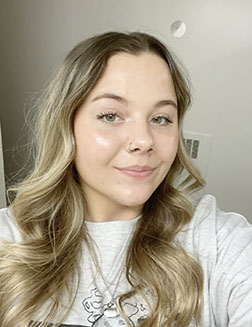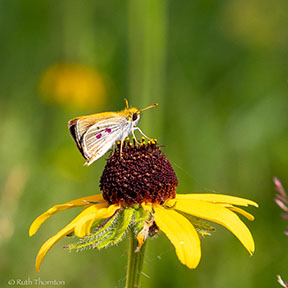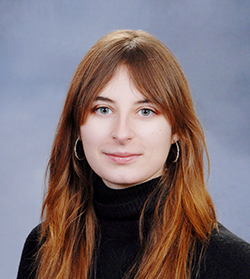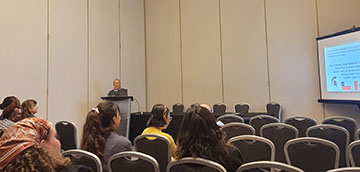
Anna Barnes
By Anna Barnes
Methane gas is a cornerstone in the climate change conversation. Reducing emissions is a critical part of mitigation but there is one ever-standing issue of this elusive gas: it’s invisible.
At the Society of Environmental Journalists Conference 2025, one panel focused on locating and mapping methane pools to increase targeted action against the pollutant. The panel, “Revealing the Invisible: How Remote-Sensing Satellites are Transforming Methane Accountability and Climate Action,” included Deborah Gordon, the senior principal at the Rocky Mountain Institute’s (RMI) Climate Intelligence Program.
Gordon said identifying methane has always been a struggle for scientists.
“It’s invisible, it’s odorless,” she said. “It wants to escape from any system it’s in. So here I was early on in my career, given a bucket of soapy water and a paintbrush, and I was going around to see where the pressure would form with a bubble that would come.” Continue reading



